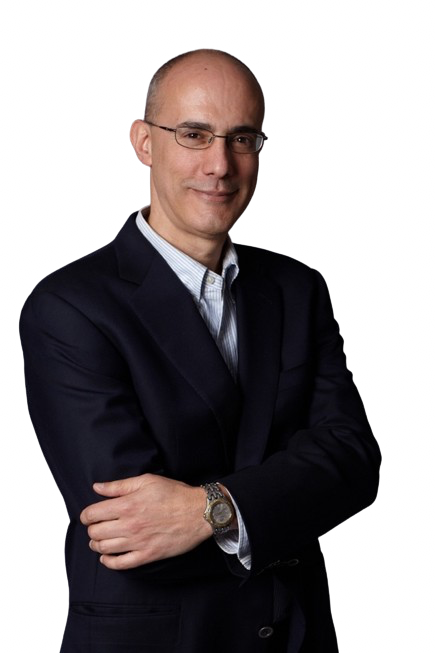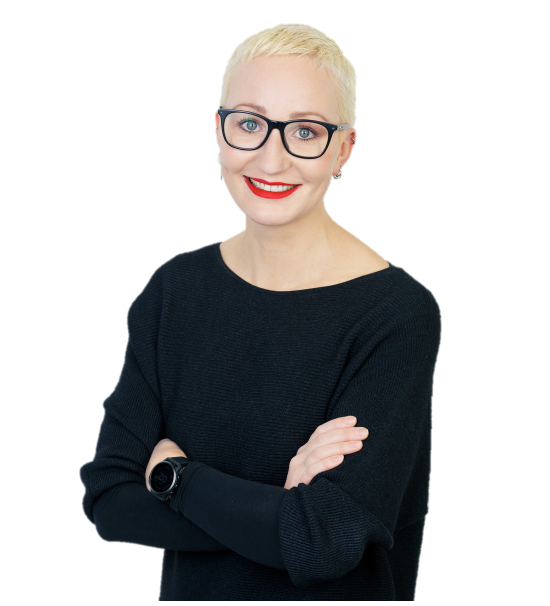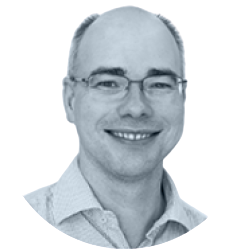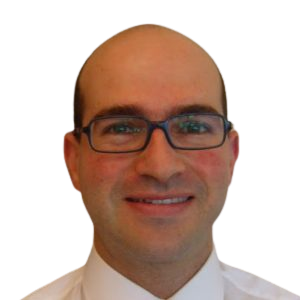Plenary sessions & Speakers

Hydrothermal-enabled sustainable manufacturing.
The experience and visions
Richard Riman
Rutgers, The State University of New Jersey, USA
Distinguished Professor, Founder, Chief Scientist
Richard Riman joined Rutgers University's Department of Materials Science and Engineering in 1986 as an assistant professor after earning his Ph.D. at MIT.
His research explores engineering principles for synthesizing and processing ceramics and aims to make sustainable processes that match or improve incumbent commercial high-temperature processes for materials manufacturing. Aside from his current focus on structural materials, his past expertise encompasses commercial innovation in electronic-, optical-, and bio-materials manufacturing. In recognition of his work, he has received many national and international awards, including the ISHA Lifetime Achievement Award, and mentions in TV and radio media. He is the author or co-author of nearly 200 patents and over 200 peer-reviewed journal articles.
Around the world, Richard Riman has established cooperative agreements with private companies, government laboratories, and government agencies. He has founded 5-cleantech companies to manufacture innovative materials, including Solidia Technologies, RRTC, and Queens Carbon. These companies focus on green manufacturing methods for construction materials useful for consumer, building, and infrastructure applications.

The Power of Water: A Versatile Solvent for Materials Synthesis
Miriam Unterlass
University of Konstanz, Germany
Professor of Solid State Chemistry
Miriam Unterlass studied chemistry, materials science, and chemical engineering in Würzburg, Southampton, and Lyon. Between 2009 and 2011, she worked on her PhD thesis at the Max Planck Institute of Colloids and Interfaces, followed by a postdoc at ESPCI in Paris. In December 2012, she established her research group “Advanced Organic Materials” at the Institute of Materials Chemistry at Technische Universität Wien (TU Wien).
In September 2018, Miriam obtained her habilitation venia docendi in materials chemistry and in June 2019, she became assistant professor at TU Wien. She joined CeMM as an adjunct principal investigator in 2018 and in June 2021, she became full professor of solid-state chemistry at the University of Konstanz (Germany).
The research interests of Miriam Unterlass are centered on compounds that are rich in aromatic and heterocyclic moieties. These materials show interesting optoelectronic properties and can be used as dyes, for example. A major focus lies on the discovery of new compounds and the development of novel, environmentally friendly, non-toxic, and highly efficient synthetic techniques, especially via hydrothermal synthesis. Miriam is committed to research transfer: She founded her first company, UGP materials, in 2017 and develops graphic design materials and courses on scientific topics.

Atomically precise synthesis of metal nanoparticles for catalysis
Richard Tilley
University of New South Wales, Sydney, Australia
Professor in Chemistry
Professor Richard Tilley is the Director of Electron Microscope Unit and a Professor in the School of Chemistry at the University of New South Wales. He graduated with a Master of Chemistry from Oxford University and then completed his PhD at the University of Cambridge, after which he was a Postdoctoral Fellow at the Toshiba basic R&D Center, Tokyo. He leads a research team focused on the solution synthesis of nanocrystals for catalysis and biomedical imaging.

Water, solvents and catalysis:
paving the way for sustainable lignocellulosic biorefineries
Pablo Domínguez de María
Sustainable Momentum, S.L., The Canarias Islands, Spain
PhD in Biocatalysis, Founder | CEO | CSO at Sustainable Momentum, SL
Dr. habil. Pablo Domínguez de María is the Founder, CSO and CEO of Sustainable Momentum, S.L, a consultancy firm providing technical expertise in biorefineries, biocatalysis and sustainable chemistry, as well as strategic support for innovation and training in European Projects.
He holds BSc´s in Pharmacy and Chemistry, and a PhD in Biocatalysis (2002). He worked in industry during 6.5 years (2003-2009, two years at Evonik AG, in Germany, and 4.5 years at AkzoNobel BV in the Netherlands) being involved in different projects regarding sustainable chemistry, organocatalysis, neoteric solvents and white biotechnology. In 2009 he joined RWTH Aachen University (Technical Chemistry Department, ITMC) as Group Leader. In 2015 he successfully defended his Habilitation (Thesis: Bio-based catalysis for petroleum-free biorefineries and fine chemicals).
He has co-authored > 120 scientific publications and book chapters (h-index 39, > 5200 citations), and several patents and books.
